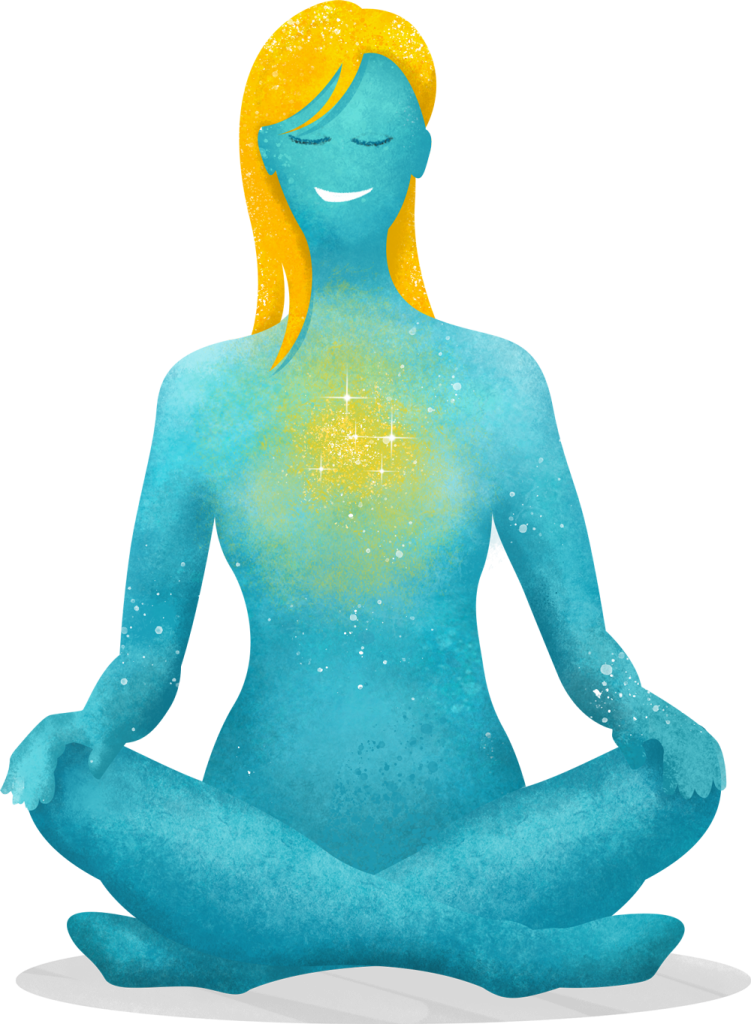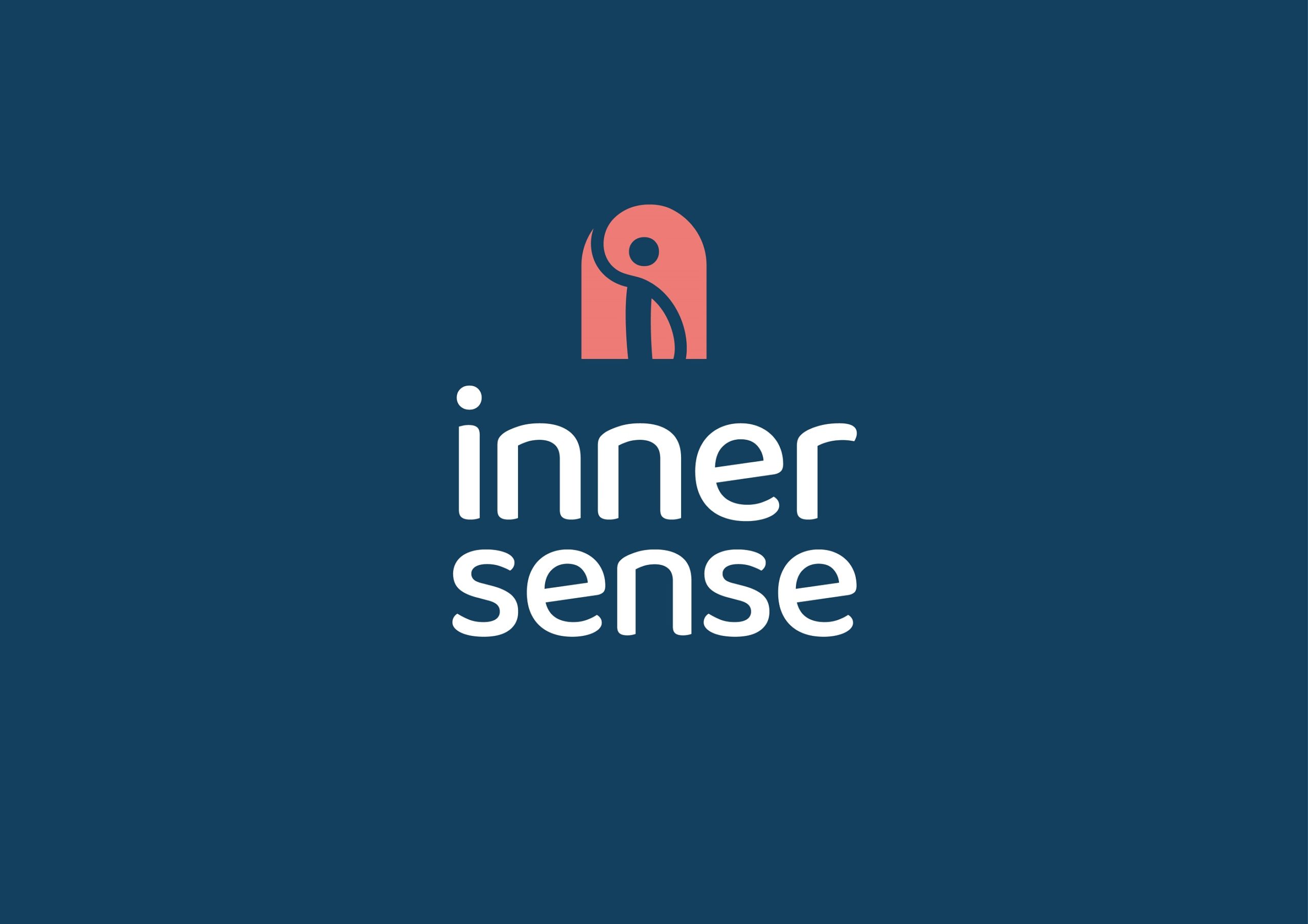On Sunday at 1am the clocks go forward one hour. For many of us this means less sleep. Thanks British Summer Time (BST)!
Even in this strange time of lockdown, it’s important to maintain a good sleep routine so you feel happy and healthy.
BST is a major cause of disrupted sleep, which quite apart from making us feel tired is linked to a number of health issues. So to ensure you’re able to sleep easy, in this post, I offer a few tips on getting your head down.
BST: the Good, the Bad & the Sleepy
BST was introduced during World War I to maximise our hours of sunlight. The measure helps us save energy and reduce road accidents in the morning, as well as improving productivity in the evenings.
But, coupled with the brighter mornings and longer evenings of spring, BST can really disrupt our natural sleep patterns, leaving us feeling tired and out of kilter in the days and even weeks that follow.
Why Sleep Is So Important
In my 20 years working in human health, I’ve found there is nothing more fundamental to mental and physical wellbeing than sleep. After a restful night, you feel more alert, focussed and able to handle whatever life throws your way.
Sleep deprivation is associated with several health issues, including weight gain, depression and metabolic disorders.1 BST has even been specifically linked to a spike in occurrences of heart attacks. 2
The Science of Sleep
Our natural sleep cycles are regulated by the circadian clock. Located in the brain, this tiny cluster of nerve cells produces waves of a hormone called melatonin, adjusting things like our temperature, appetite and nervous system to prepare us for bed.
Left unattended, the circadian clock sticks roughly to a 24-hour cycle. However, it can be influenced by external factors like light, temperature and, of course, putting the clocks forward.
Sleep Easy
If we want to seamlessly adjust to BST, it’s vital to give our natural rhythm a bit of a helping hand. We can do this by creating a relaxing routine for bedtime.
Let’s start with what you should avoid:
- Exposure to bright light at night – bright light, whether natural or given off by electronic devices, can inhibit the production of melatonin, so draw your curtains and switch off your phone, laptop and TV at least an hour before bed.
- Alcohol in the evenings – although alcohol can make drifting off seem easier for some, it actually reduces the quality of your sleep, which will only compound the effects of BST.
- Caffeine after midday – consumption of drinks like tea, coffee and Coca-Cola should be limited to before lunch.
- Stimulating activities – anything that creates a sense of alertness or excitement should be avoided just before bed, this includes vigorous exercise, heavy meals and mulling over worries.
Conversely, the following should be embraced:
- Low light – to illuminate your room before bed, a low candescent light is best. Meanwhile, if your room is prone to letting in light from outside, you may want to invest in some blackout blinds.
- Relaxing activities – partake in calming activities that put your mind and body at ease, like meditation, colouring and deep breathing.
- Cool temperatures – even in Britain the temperature sometimes gets a bit hot and sticky, so if you need to cool down crack open a window. Sleeping in breathable materials like cotton, bamboo fabrics and silk can also help.
Resetting your sleep pattern will require a bit of practice and patience, but after a few nights of sticking to this routine you should find yourself able to adjust to BST.
Learn More About Your Body Clock
To learn more about your body clock and simple actions that will help you live at ease with natural daily rhythms download two chapters from my book, Restoring Balance.
References
- Marti, A.R.; Meerlo, P.; Grønli, J.; Van Hasselt, S.J.; Mrdalj, J.; Pallesen, S.; Pedersen, T.T.; Henriksen, T.E.G.; Skrede, S. Shift in Food Intake and Changes in Metabolic Regulation and Gene Expression during Simulated Night-Shift Work: A Rat Model. Nutrients2016, 8, 712.
- R. Manfredini, F. Fabbian, A. De Giorgi, B. Zucchi, R. Cappadona, F. Signani, N. Katsiki, D.P. Mikhailidis Daylight saving time and myocardial infarction: should we be worried? A review of the evidence.



